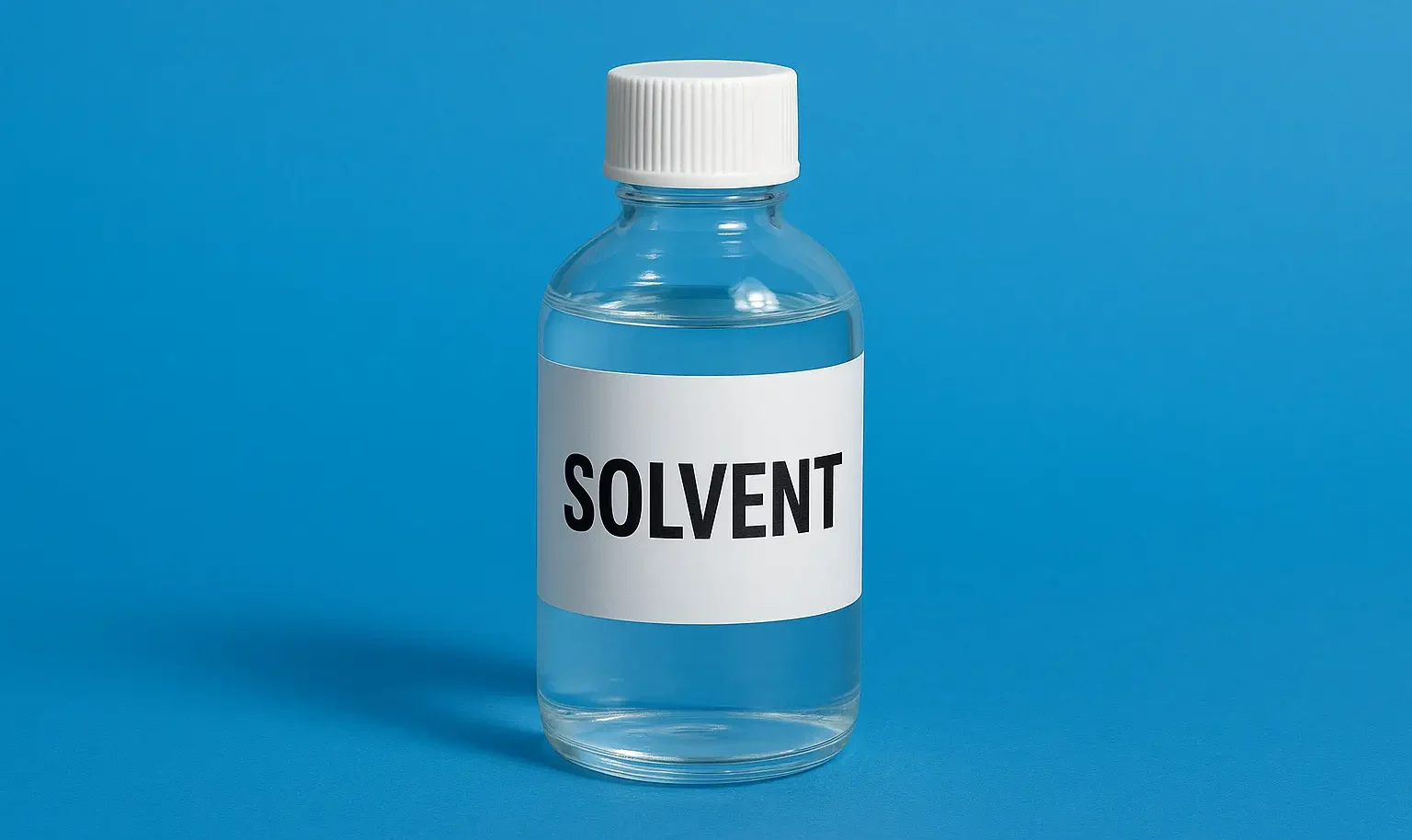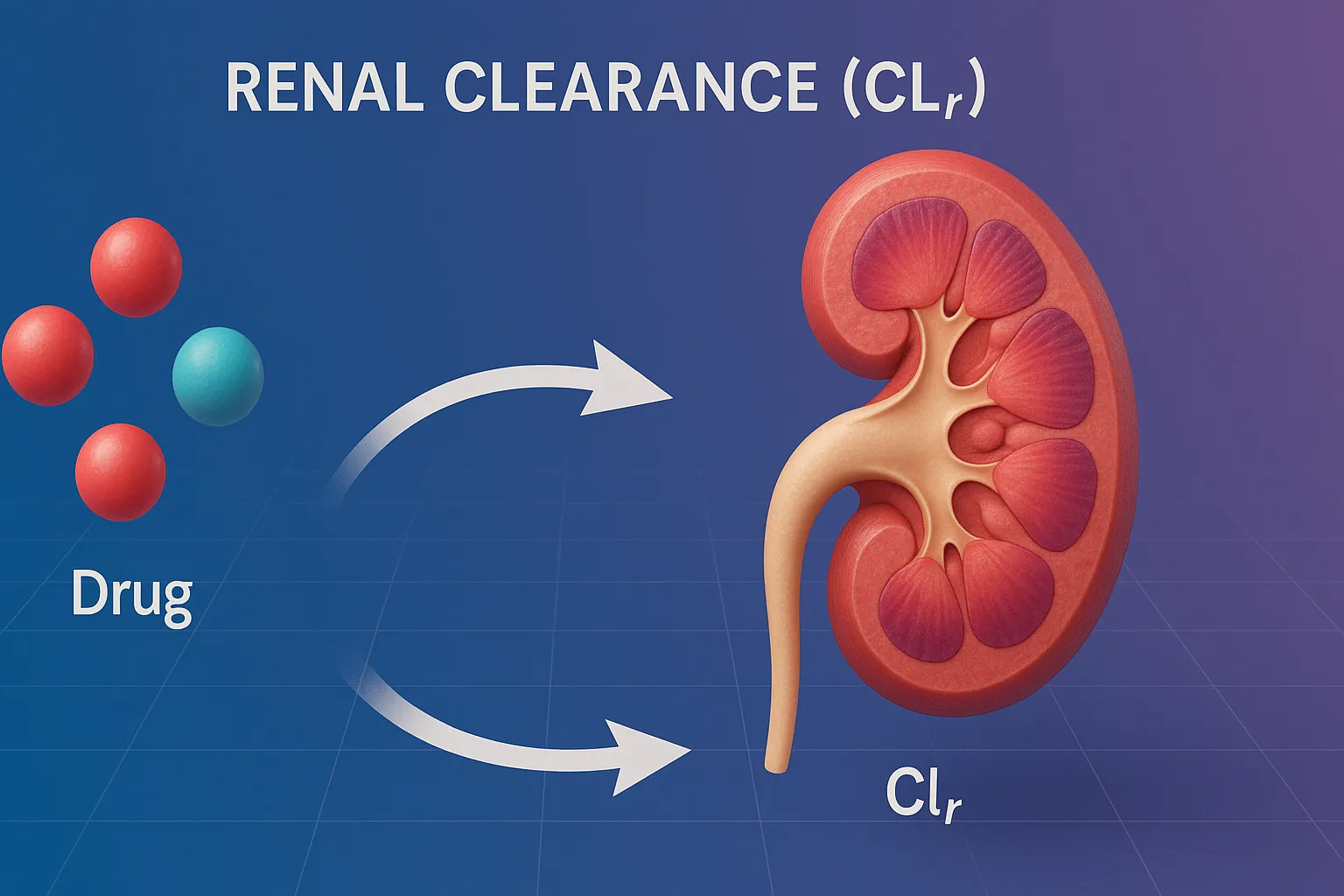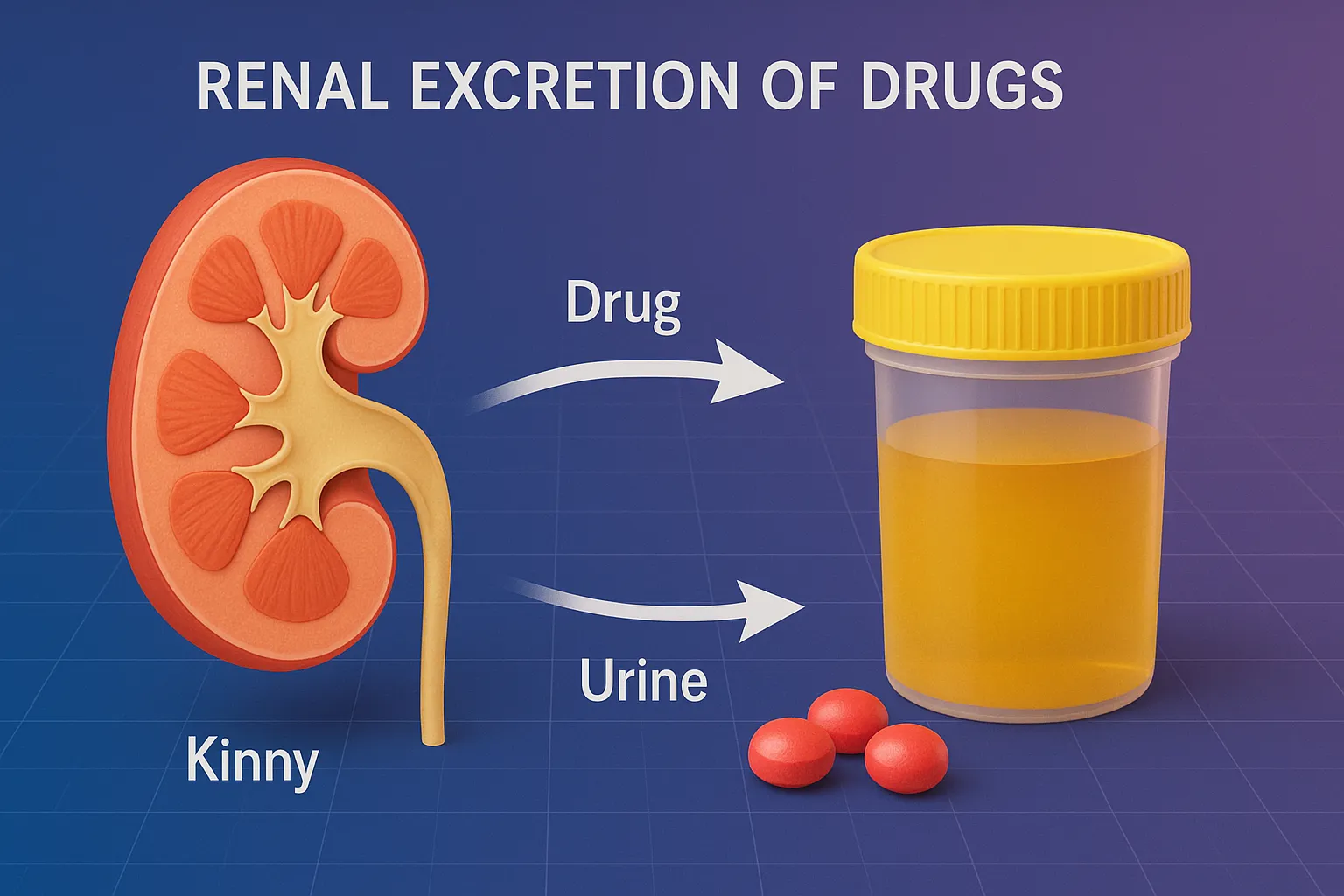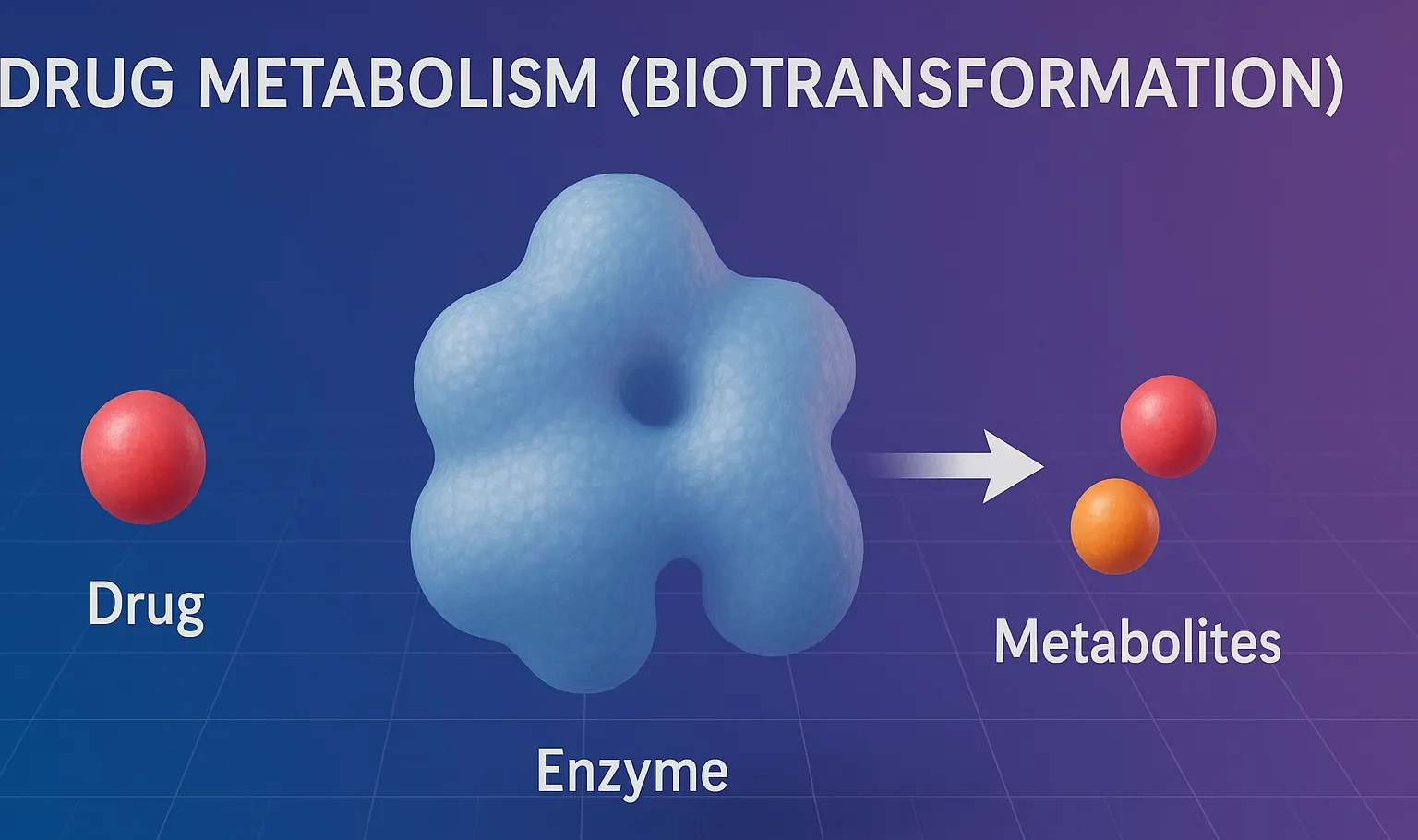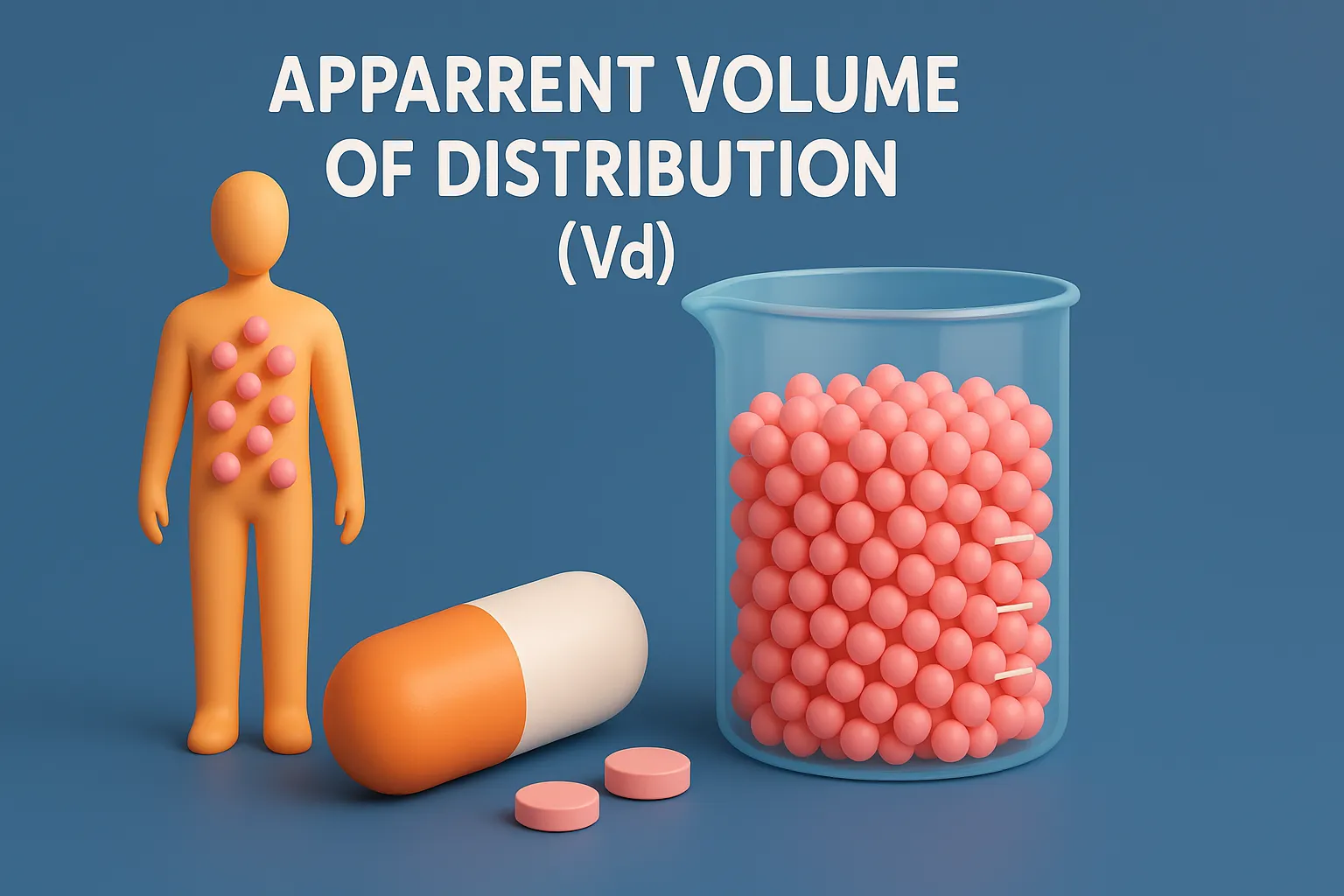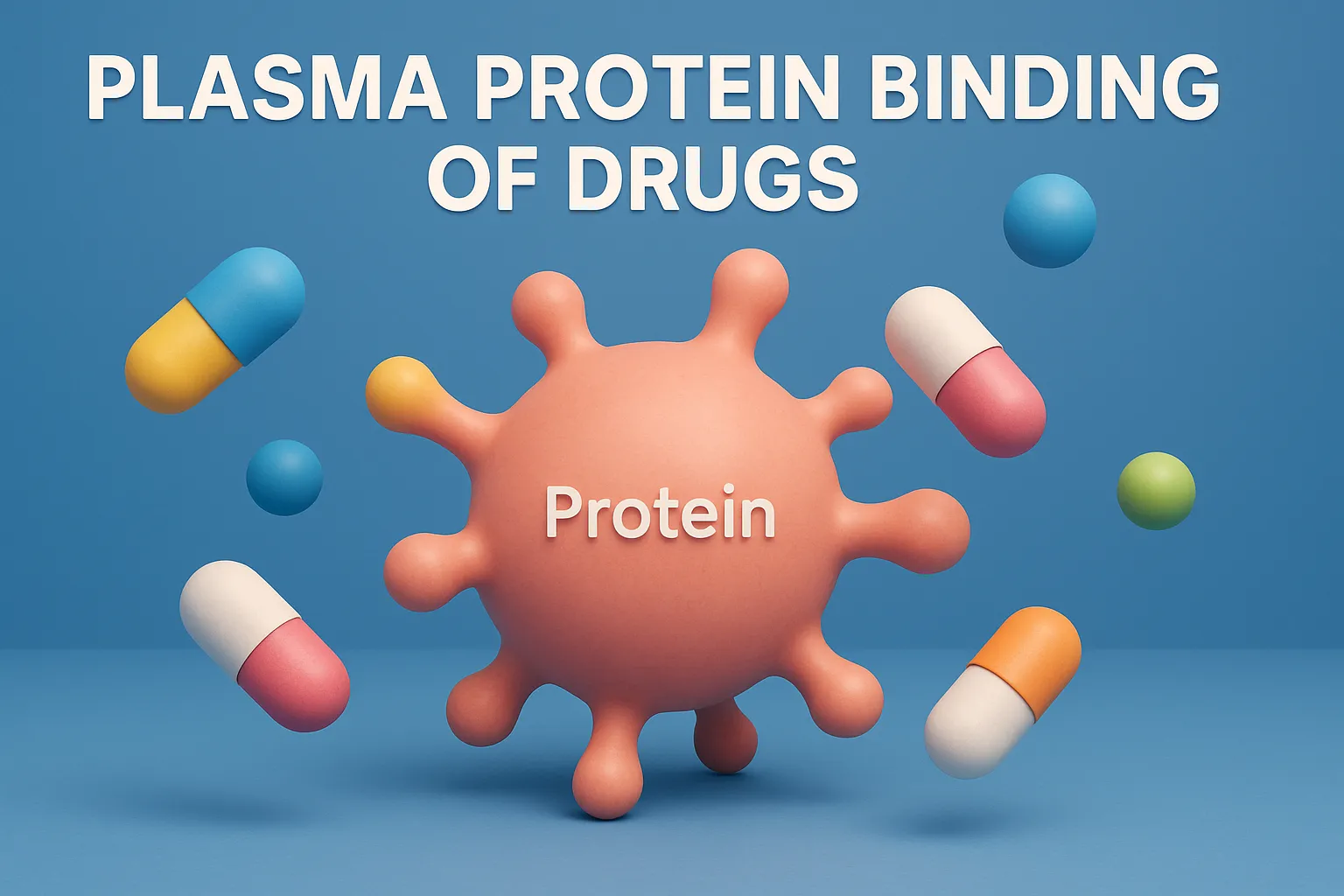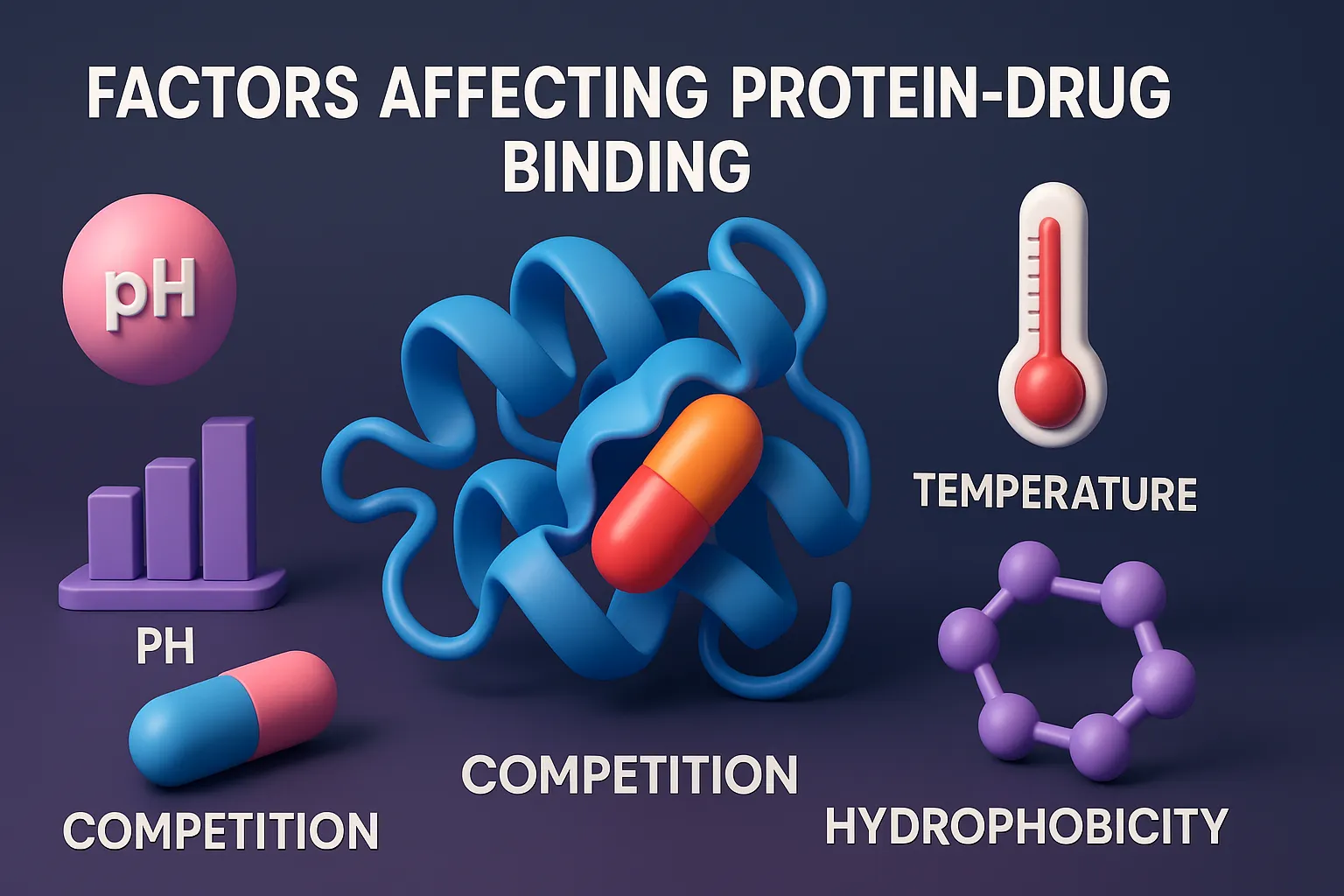Solvent
Effect of Solvent: Solvents can change the reaction medium, affecting: Solubility of the drug Polarity of the medium Hydrolysis or oxidation rate Some solvents may stabilize or destabilize the drug. Co-solvent Systems: Adding solvents like ethanol can: Change solvation Affect reaction kinetics Modify degradation pathways Examples: Hydrolysis is faster in aqueous solutions. Adding organic solvents … Read more

